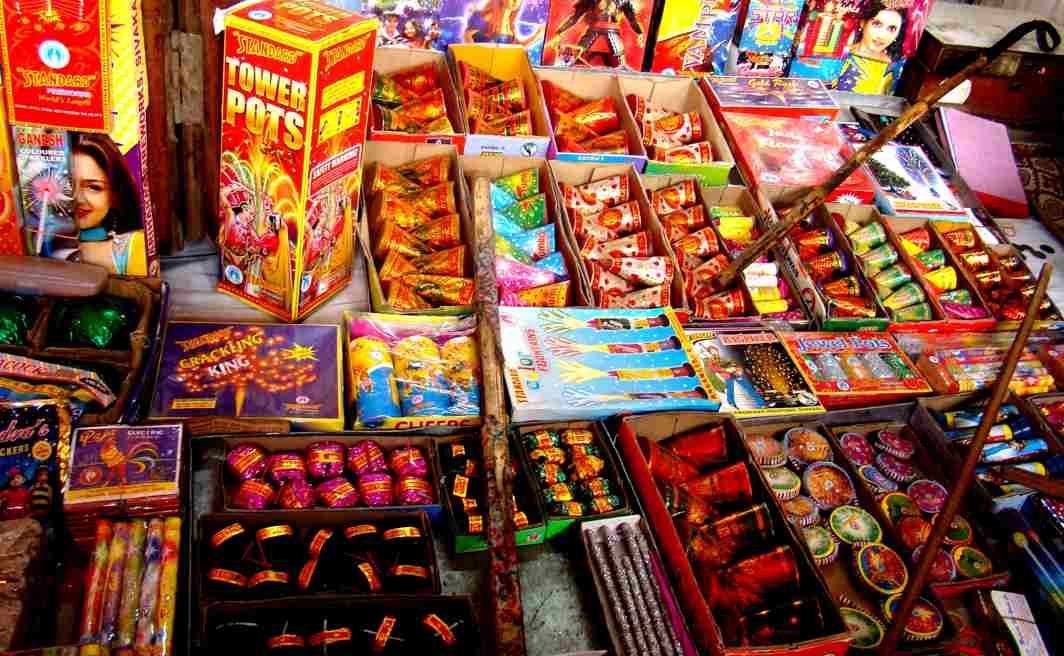Kerala has been adjudged the top performer in School Education Quality Index (SEQI) released by NITI Aayog which said 18 of the 20 large states in the country have improved their overall performance between 2015-2016 and 2016-2017.
The SEQI, aimed to evaluate the performance of states and Union Territories (UTs) in the school education sector, was launched today (Monday Sep 30).
Kerala’s score in incremental performance, which was recorded 77.6% in 2015-2016, went up to 82.2% in 2016-2017. Uttar Pradesh was the worst performer among large states.
The SEQI was conceptualized by MHRD and NITI Aayog. The index is divided into two categories Outcomes (including learning, infrastructure and facility, access and equity) and Governance processes aiding outcomes (covering student and teacher attendance, teacher availability, administrative adequacy, training, accountability and transparency).
Of the 20 Large States, 10 perform better on the Outcomes category, with the most noticeable performance differences observed in the cases of Karnataka, Jharkhand and Andhra Pradesh.
The other Large States perform better on the Governance Processes Aiding Outcomes category, with the most noticeable performance differences observed in the cases of Odisha, Punjab and Haryana.
Of the eight Small States, seven perform better on the Outcomes category, with the most noticeable performance differences observed in the cases of Manipur, Tripura and Goa.
Sikkim is the only Small State that performs better on the Governance Processes Aiding Outcomes category.
Of the seven UTs, four perform better on the Outcomes category, with the most noticeable performance differences observed in Dadra & Nagar Haveli. Delhi, Daman & Diu and Lakshadweep perform better on the Governance Processes Aiding Outcomes category.
Among the 20 Large States, 18 improved their overall performance between 2015-16 and 2016-17. The average improvement in these 18 states is 8.6 percentage points although there is a lot of variation around that average in terms of the fastest and slowest improving States. Due to this variation, many States that improved their overall performance score still show a decline in rank.
Five Small States have shown an improvement in their overall performance score between 2015-16 and 2016-17, with the average improvement being around nine percentage points. However, as in the case of Large States, there is considerable variation between the fastest and slowest improving States. States such as Meghalaya, Nagaland and Goa outpaced the others, improving by 14.1, 13.5 and 8.2 percentage points respectively, thus improving their ranks in the process.
All seven UTs have shown an improvement in their overall performance scores. The average improvement is 9.5 percentage points. Daman & Diu, Dadra & Nagar Haveli and Puducherry improved their overall performance scores by 16.5, 15.0 and 14.3 percentage points respectively, which enabled them to improve their ranking on incremental performance.
| States/UTs |
Overall Performance Ranking (2016-17) |
| Large States |
- Kerala
- Rajasthan
- Karnataka
|
18. Punjab
19. Jammu & Kashmir
20. Uttar Pradesh |
| Small States |
- Manipur
- Tripura
- Goa
|
6. Sikkim
7. Meghalaya
8. Arunachal Pradesh |
| Union Territories |
- Chandigarh
- Dadra and Nagar Haveli
- Delhi
|
- Daman & Diu
- Andaman & Nicobar Islands
- Lakshadweep
|
|
|
|
|
| States/UTs |
Annual Incremental Performance (Between Base Year: 2015-16 and Reference Year: 2016-17) |
| Large States |
- Haryana
- Assam
- Uttar Pradesh
|
18. Jharkhand
19. Uttarakhand
20. Karnataka |
| Small States |
- Meghalaya
- Nagaland
- Goa
|
- Sikkim
- Mizoram
- Arunachal Pradesh
|
| Union Territories |
- Daman & Diu
- Dadra and Nagar Haveli
- Puducherry
|
- Lakshadweep
- Chandigarh
- Andaman & Nicobar Islands
|
Source: Press Information Bureau
LARGE STATES
| States |
Education Index |
Base year ranks |
Reference year ranks |
Change in base year to reference year rankings |
| Base year |
Reference year |
| Kerala |
77.64 |
82.17 |
1 |
1 |
– |
| Tamil Nadu |
63.16 |
73.35 |
2 |
2 |
– |
| Haryana |
51.04 |
69.54 |
8 |
3 |
Up 5 |
| Gujarat |
52.35 |
63.01 |
6 |
4 |
Up 2 |
| Himachal Pradesh |
58.12 |
62.78 |
4 |
5 |
Down 1 |
| Maharashtra |
58.64 |
62.55 |
3 |
6 |
Down 3 |
| Odisha |
47.78 |
60.23 |
13 |
7 |
Up 6 |
| Rajasthan |
51.25 |
59.43 |
7 |
8 |
Down 1 |
| Punjab |
50.74 |
59.06 |
9 |
9 |
– |
| Assam |
39.28 |
56.12 |
15 |
10 |
Up 5 |
| Andhra Pradesh |
48.42 |
56.08 |
11 |
11 |
– |
| Chhattisgarh |
48.4 |
54.94 |
12 |
12 |
– |
| Karnataka |
56.56 |
52.95 |
5 |
13 |
Down 8 |
| Uttarakhand |
49.48 |
48.15 |
10 |
14 |
Down 4 |
| Madhya Pradesh |
44.42 |
47.24 |
14 |
15 |
Down 1 |
| Jammu & Kashmir |
34.79 |
47.14 |
16 |
16 |
– |
| Uttar Pradesh |
32.81 |
46.45 |
18 |
17 |
Up 1 |
| Telangana |
34.7 |
39.02 |
17 |
18 |
Down 1 |
| Bihar |
30 |
37.3 |
19 |
19 |
– |
| Jharkhand |
28.48 |
30.65 |
20 |
20 |
– |
Source: NITI Aayog
SMALL STATES
| States |
Education Index |
Base year ranks |
Reference year ranks |
Change in base year to reference year rankings |
| Base year |
Reference year |
| Tripura |
48.7 |
56.1 |
1 |
1 |
– |
| Goa |
45.84 |
53.79 |
3 |
2 |
Up 1 |
| Manipur |
45.41 |
46.87 |
4 |
3 |
Up 1 |
| Mizoram |
47.83 |
46.53 |
2 |
4 |
Down 2 |
| Sikkim |
43.89 |
43.02 |
5 |
5 |
– |
| Meghalaya |
24.41 |
38.43 |
7 |
6 |
Up 1 |
| Nagaland |
22.42 |
35.89 |
8 |
7 |
Up 1 |
| Arunachal Pradesh |
30.52 |
28.42 |
6 |
8 |
Down 2 |
Source: NITI Aayog
UNION TERRITORIES
| States |
Education Index |
Base year ranks |
Reference year ranks |
Change in base year to reference year rankings |
| Base year |
Reference year |
| Chandigarh |
70 |
73.87 |
1 |
1 |
– |
| Delhi |
59.96 |
69.89 |
2 |
2 |
– |
| Puducherry |
40.84 |
55.11 |
4 |
3 |
Up 1 |
| Daman & Diu |
34.08 |
50.42 |
6 |
4 |
Up 2 |
| D & N Haveli |
30.24 |
45.28 |
7 |
5 |
Up 2 |
| A&N lslands |
42.81 |
44.22 |
3 |
6 |
Down 3 |
| Lakshadweep |
37.49 |
42.83 |
5 |
7 |
Down 2 |
Source: NITI Aayog


 India News23 hours ago
India News23 hours ago
 Cricket news23 hours ago
Cricket news23 hours ago
 India News22 hours ago
India News22 hours ago
 Latest world news10 hours ago
Latest world news10 hours ago
 Latest world news10 hours ago
Latest world news10 hours ago
 Latest world news9 hours ago
Latest world news9 hours ago
 India News10 hours ago
India News10 hours ago
 India News42 mins ago
India News42 mins ago













